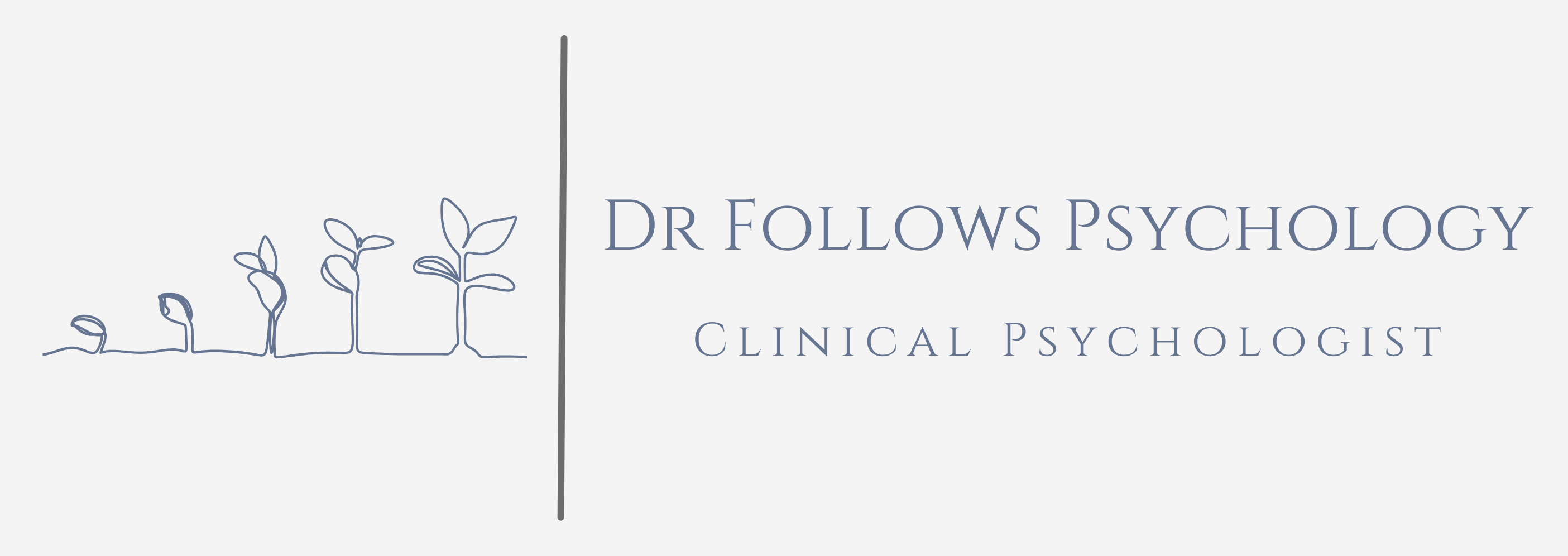Treatments
As a clinical psychologist, I am able to draw upon an in-depth understanding of several therapy and psychotherapy approaches which can be tailored to meet individual needs. In addition to CBT, CBT-E and CAT I also incorporate mindfulness, acceptance and commitment therapy and compassion focused therapy.
Cognitive Behavioural Therapy (CBT)
Cognitive Behavioural Therapy (CBT)
CBT is a practical, goal orientated approach that helps people understand the connection between their thoughts, feelings and behaviours. It is based on the idea that unhelpful thinking patterns can lead to emotional distress and unhelpful behaviours. With guidance, these patterns can be identified and changed.
During CBT you would work to:
- Recognise unhelpful thoughts
- Understand how these thoughts influence your emotions or actions
- Learn tools to shift your thinking and respond to challenges more effectively
What can CBT help with and does it work?
CBT is an evidenced based and National Institute for Health Care Excellence (NICE) recommended treatment shown to be effective for a wide range of concerns including: eating disorders, anxiety disorders and depression.
Enhanced Cognitive Behavioural Therapy (Cbt-e)
Enhanced” Cognitive Behavioural Therapy (CBT-E)
CBT-E is a specialised evidence-based form of Cognitive Behavioural Therapy designed specially to treat eating disorders. It’s grounded in the understanding that such disorders are primarily maintained by an overvaluation of shape, weight, and eating control – where an individual’s self-worth is largely determined by their ability to manage these areas.
CBT-E also addresses maintaining mechanisms such as low self-esteem, perfectionism, body image disturbance and difficulties regulating emotions.
What can CBT-E help with and does it work?
CBT-E is used to treat eating disorders including, anorexia nervosa, bulimia nervosa and binge eating disorder. It is recommended by NICE and is widely regarded as one of the most effective treatments for eating disorders in both adolescents and adults.
Cognitive Analytic Therapy (CAT)
Cognitive Analytic Therapy (CAT)
CAT integrates ideas from both cognitive and psychoanalytic approaches. It is a time limited treatment and is typically provided over 16 to 24 sessions. The therapist and the client work together to understand patterns of thinking, feeling and behaviour that cause distress. CAT is about understanding why you do what you do, how past experiences have shaped your patterns and how to change them. It is a practical approach that is structured and focused on self-understanding and change.
What can CAT help with and does it work?
Research indicates that CAT is effective in treating a range of difficulties including eating disorders, relationship difficulties, anxiety, depression, personality difficulties and repeating unhelpful life patterns.
How does CAT differ from CBT?
While both CAT and CBT are structured, time-limited talking therapies, they differ in their focus and approach. They both explore how your thoughts and feelings affect your wellbeing but CAT places more focus on how you relate to others. This makes it especially helpful for difficulties that arise in relationships.
CAT also looks more closely at early life experiences, which can be important when childhood trauma or adversity plays a role in current problems.
A key part in CAT is the therapeutic relationship itself as this can offer valuable insights into your patterns and give you a safe space to try new things and healthier ways of relating to others.







